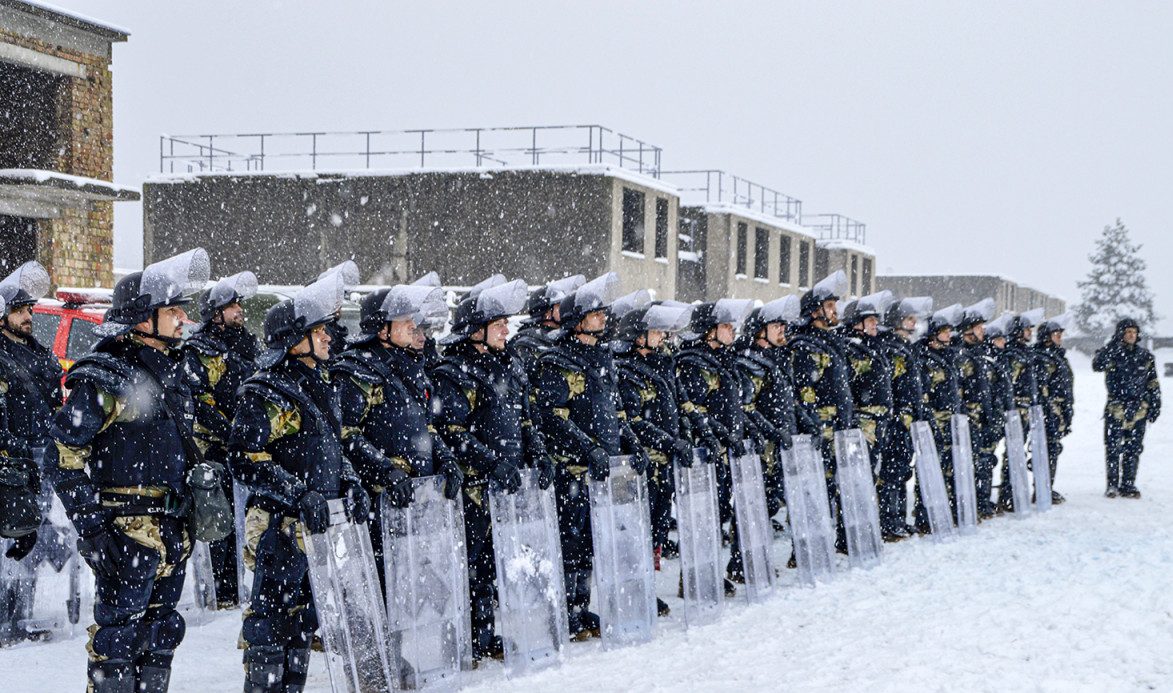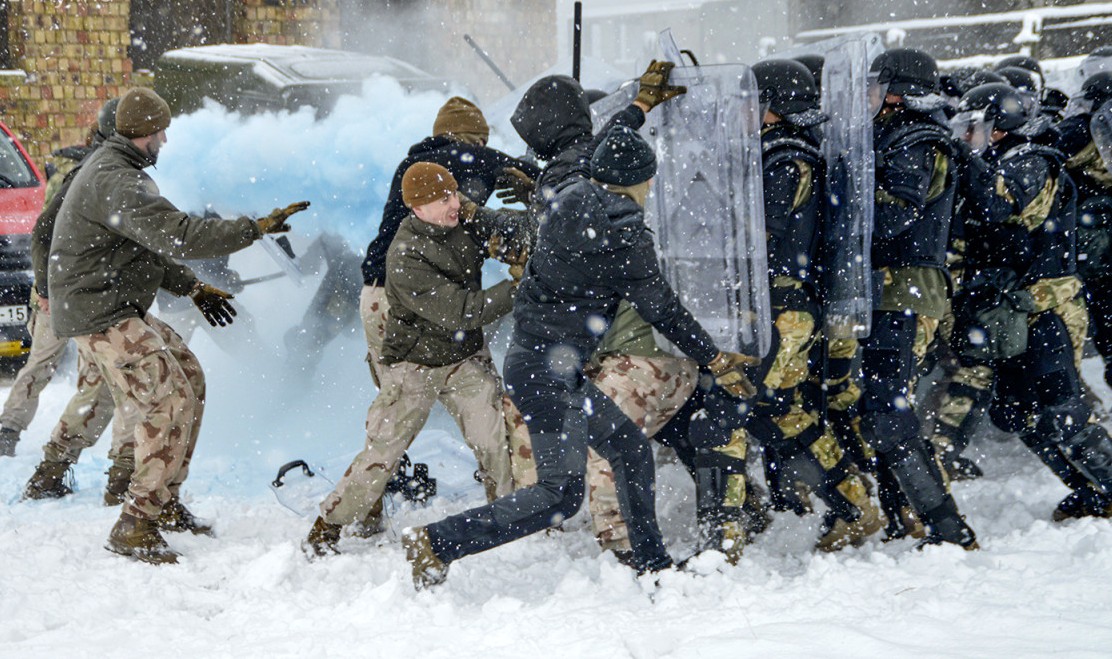
From January, the mission will have a Hungarian commander.Continue reading

The Hungarian Defense Forces have already proven that they are capable of leading a major NATO operation, Major General László Sticz, the new commander of the EU’s EUFOR Althea mission in Bosnia and Herzegovina, told M1 news channel.
The Major General explained: “In 2021, there was already a Hungarian commander of the KFOR mission in Kosovo, and now for the first time a Hungarian general will lead the EU mission in Bosnia and Herzegovina for a year. The Hungarian Defense Forces are not only participating in such a large-scale operation, but also coordinating and leading it. Furthermore, there will be the possibility to use new military equipment, such as new helicopters, which indicates that the Hungarian force development reform launched in 2018 is making great strides forward.”
Operation Althea, or formally known as EUFOR (European Union Force Bosnia and Herzegovina), is an international force operating under the authority of the European Council. The military operation was launched on December 2, 2004, nine years after the Bosnian War, with the main task of the peacekeeping mission in Bosnia and Herzegovina. Following a decision by the Political and Security Committee of the European Union, Hungary offered to lead EUFOR ALTHEA for the first time in January 2024.
Speaking on Kossuth Radio’s Good Morning, Hungary! program, László Sticz said that the root of the current situation is the armed conflict of 1992-95. It was concluded by the Dayton Agreement, determining the future of the region. There are two parts of the country, a Bosnian Serb part and a Bosnian-Herzegovinian part, where Croats and Bosniaks live together, he explained.
The ultimate goal is for the Serb and Bosnian Croat areas to integrate, to be able to cooperate and be ready for EU accession.
But this requires economic, political, and military assistance provided by NATO, and since 2004, by the EU,” the Major General added.
The EU operation supports the local authorities, in particular the Bosnian police, he continued. “The military risk is secondary, the EU mission will only intervene if the Bosnian police cannot secure peace. But the situation could escalate at any time, as happened in Kosovo last May. That is why an international military force is important, and it must be impartial and credible, with a deterrent if necessary,” he said.
An important military capability of the Hungarian forces is, among other things, air transport and evacuation and rescue,
that not only serves the safety of the EU mission’s soldiers, but can also provide assistance to the local population in case of need. In addition, because of the mined areas in the region, the bomb disposal capability is also of great importance,” said Sticz.
Via MTI, Featured image: Honvédelem.hu